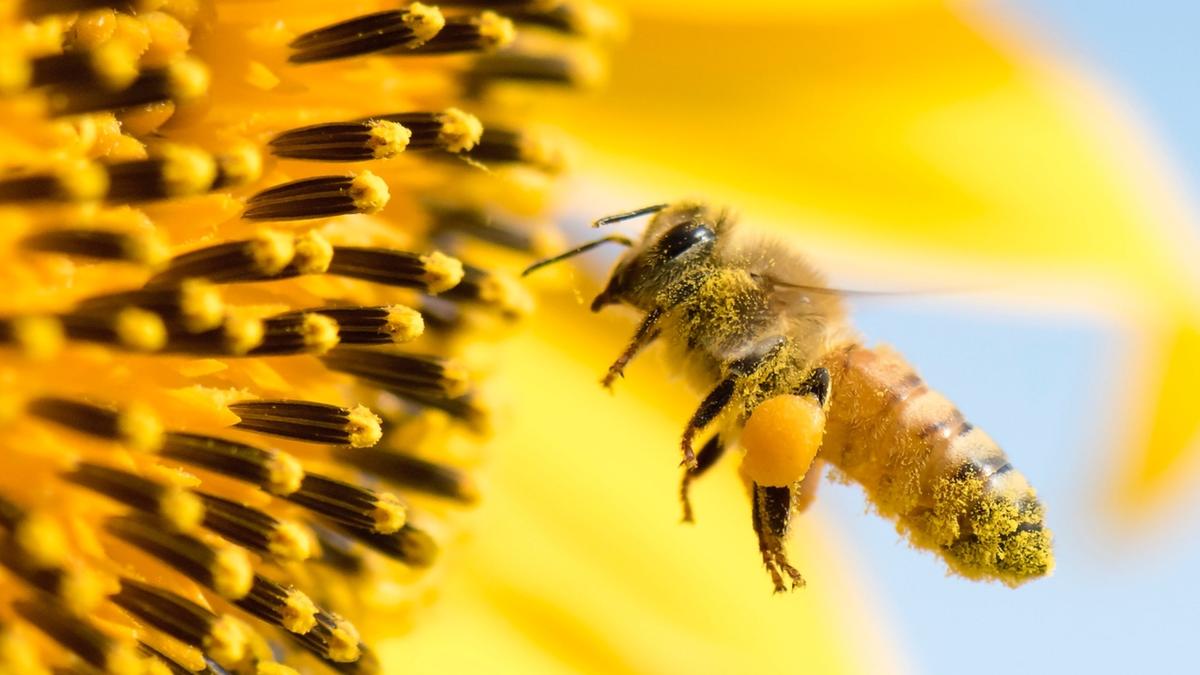Researchers at Michigan State University have discovered that honeybees possess a remarkable ability to detect chemicals associated with lung cancer in human breath.
According to a study published in Biosensors and Bioelectronics, the bees achieved an impressive 82% success rate in identifying lung cancer biomarkers. As confirmed by the sources msutoday
The study, led by MSU professor Debajit Saha and his team, explored whether honeybees could distinguish between synthetic breath mixtures containing compounds found in cancerous versus healthy human breath.
By developing specific synthetic mixtures and observing bee responses via electrodes attached to their brains, researchers found that the bees could discern cancer-related compounds even in minute concentrations.
Saha noted, “Bees can differentiate between minute changes in the chemical concentrations of the breath mixture, which is in the parts per 1 billion range.” This sensitivity underscores the potential for bees to serve as biological sensors for detecting lung cancer.
The implications of this research are profound. If further developed, a sensor based on honeybee olfactory systems could revolutionize early cancer detection.
Related Articles:
- Coyote Sightings Rise in the Bronx: Experts Urge Caution and Appreciation
- New Study Highlights High Fatality Rates in Texas Shrimping Industry
- Christopher Williams to Headline 2nd Annual Juneteenth Comedy Fest in Galveston
“The honeybees’ ability to not only detect cancer cells but also distinguish between different types of lung cancer cell lines is remarkable,” highlighted graduate student Autumn McLane-Svoboda.
With lung cancer being the leading cause of cancer-related deaths worldwide, innovations like these could lead to quicker and more accurate diagnoses, crucial for timely treatment and improved patient outcomes.
The MSU study opens doors for future advancements in medical diagnostics, leveraging nature’s tiny allies to potentially save lives through early detection of lung cancer

